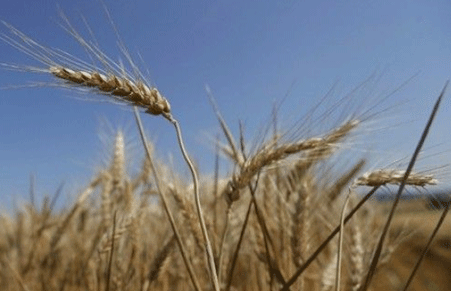The Chicago wheat futures continued their downward trend on Wednesday, with prices falling amid an abundant US winter harvest and favorable weather conditions in Russia, the world’s largest wheat exporter. At 00:16 GMT, the most active wheat contract on the Chicago Board of Trade (CBOT) decreased by 0.2% to $5.59-1/4 per bushel, having earlier hit its weakest point since April 19 at $5.56-3/4 per bushel.
Corn futures also dropped by 0.2% to $4.42-1/4 per bushel, while soybean prices experienced a minor increase, rising half a cent to $11.12 per bushel. The price decline in wheat is attributed to the US harvest progress showing good yields, combined with improved weather conditions stabilizing crops in Russia after a period of drought and frost.
In the Midwest United States, severe flooding has further complicated the situation, with Tuesday’s rainfall following weekend storms, causing excess water in several areas. Some traders speculate that the moisture from the floods could eventually benefit the crops.
Additionally, a heatwave expected to spread across Europe this week is anticipated to significantly impact summer crops in the southeast. However, this could be beneficial for farmers in other parts of the region, as prolonged rains have previously flooded fields and hindered crop growth.
Commodity funds were net sellers of CBOT corn, wheat, soybeans, soymeal, and soyoil futures on Tuesday, according to traders. This selling pressure has added to the downward trend in grain prices.
In broader market news, global stock indices largely rose on Tuesday. Notably, shares of AI chip producer Nvidia surged after a three-day decline, while the US dollar made modest gains against the Japanese yen.
The market is also closely watching upcoming data releases, including French unemployment figures for May and US new home sales data for the same month.
The current trends in the grain markets highlight the significant impact of both regional and global weather patterns on agricultural commodities. Farmers and agronomists should closely monitor these developments, as they play a crucial role in shaping market dynamics and pricing. The recent weather events underscore the importance of adaptive strategies and resilience in farming operations to mitigate the impacts of climate variability.
Error




